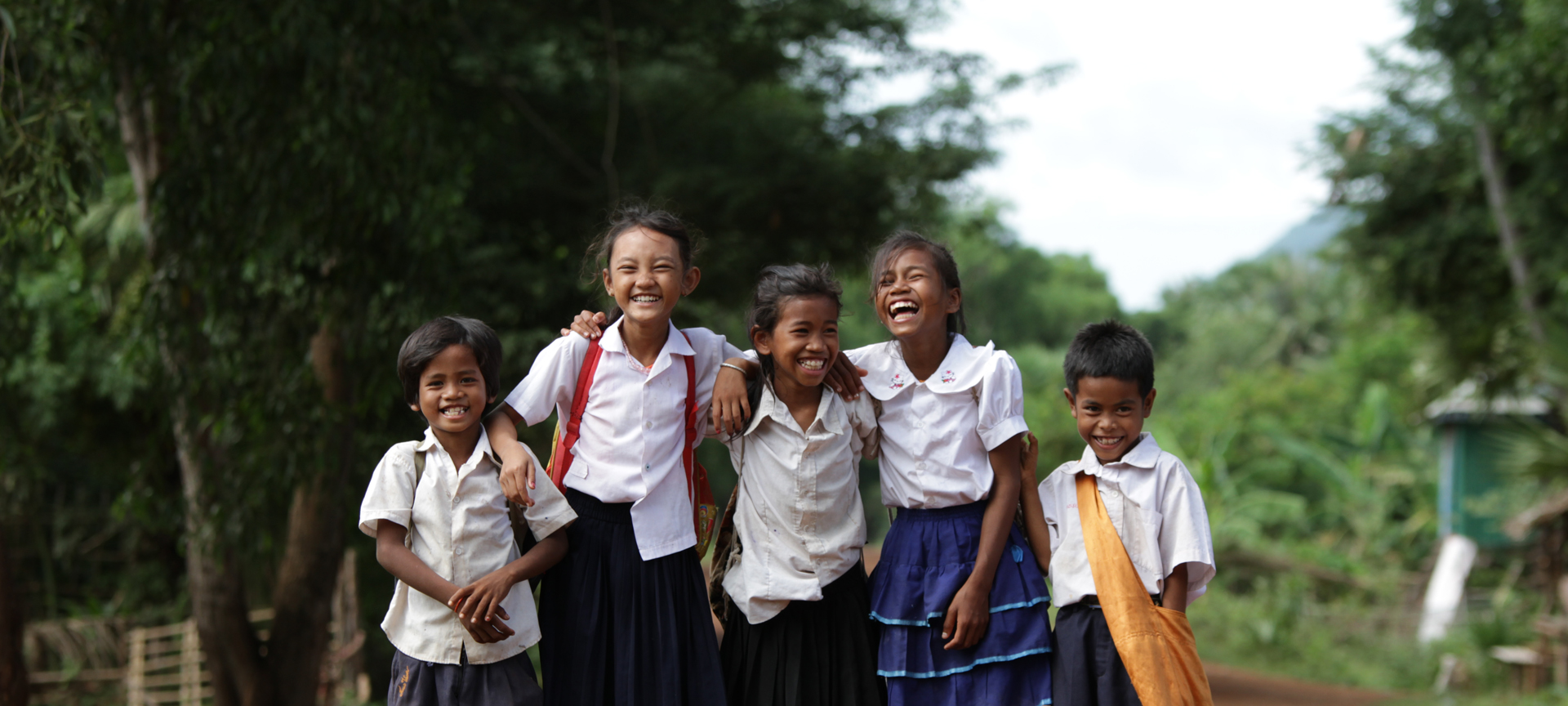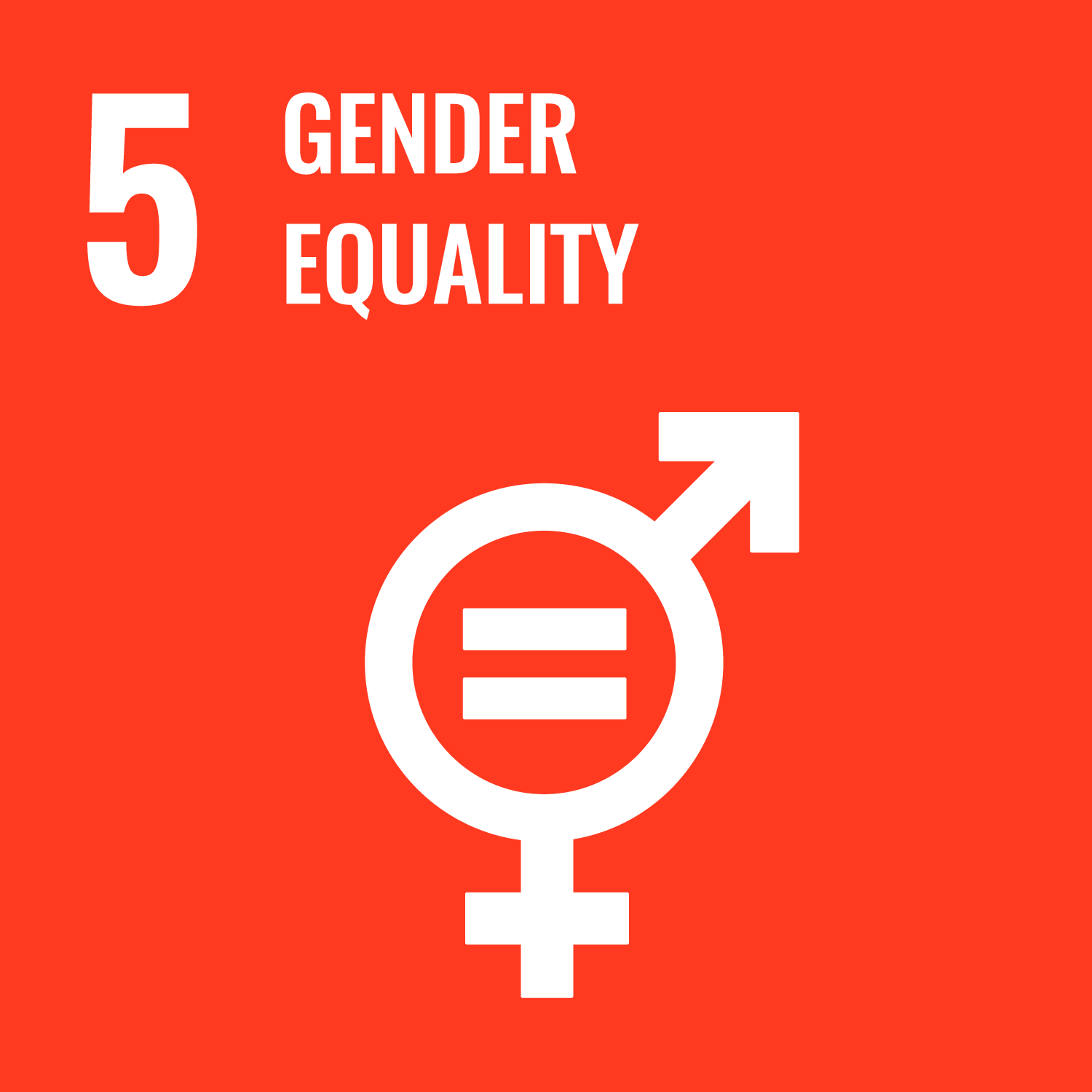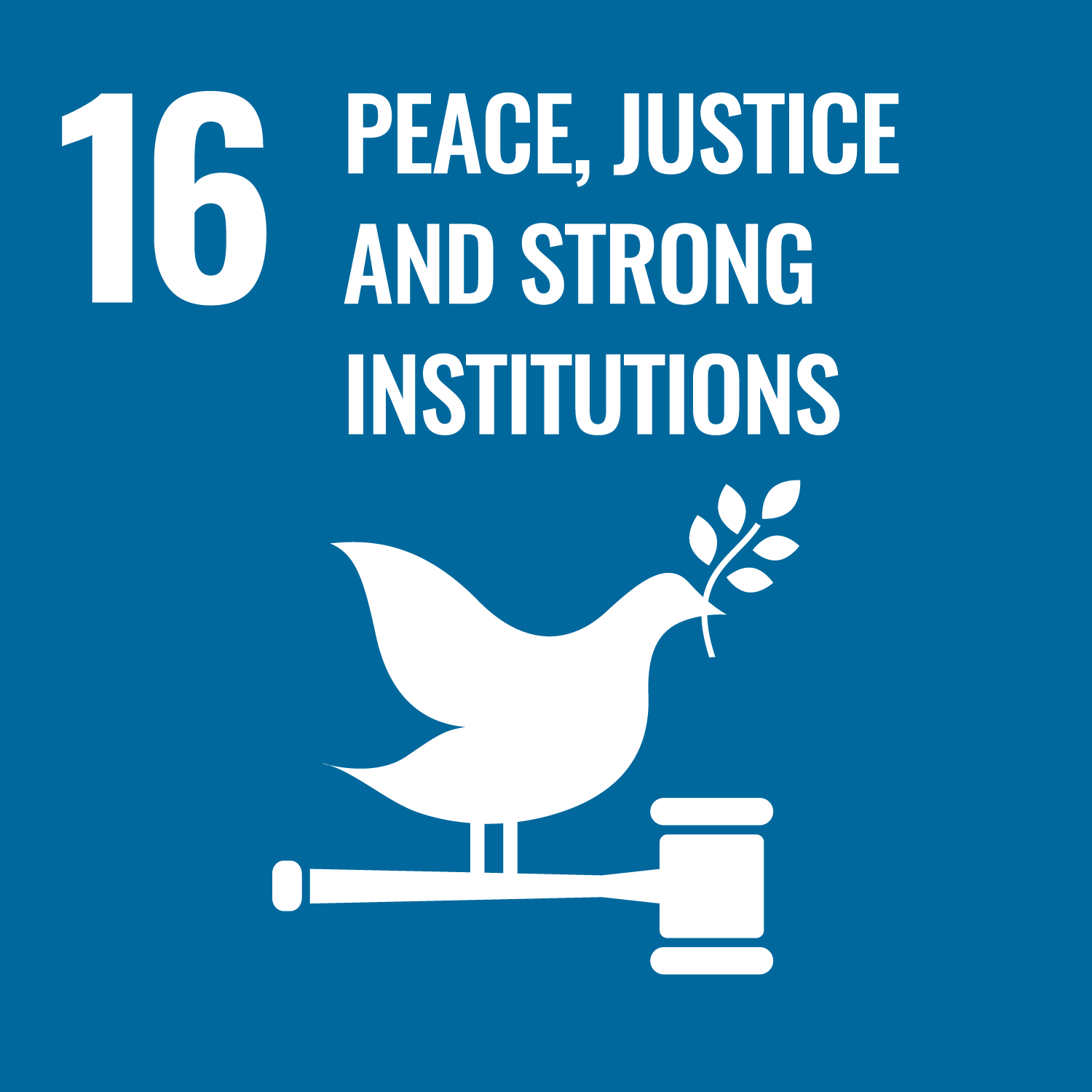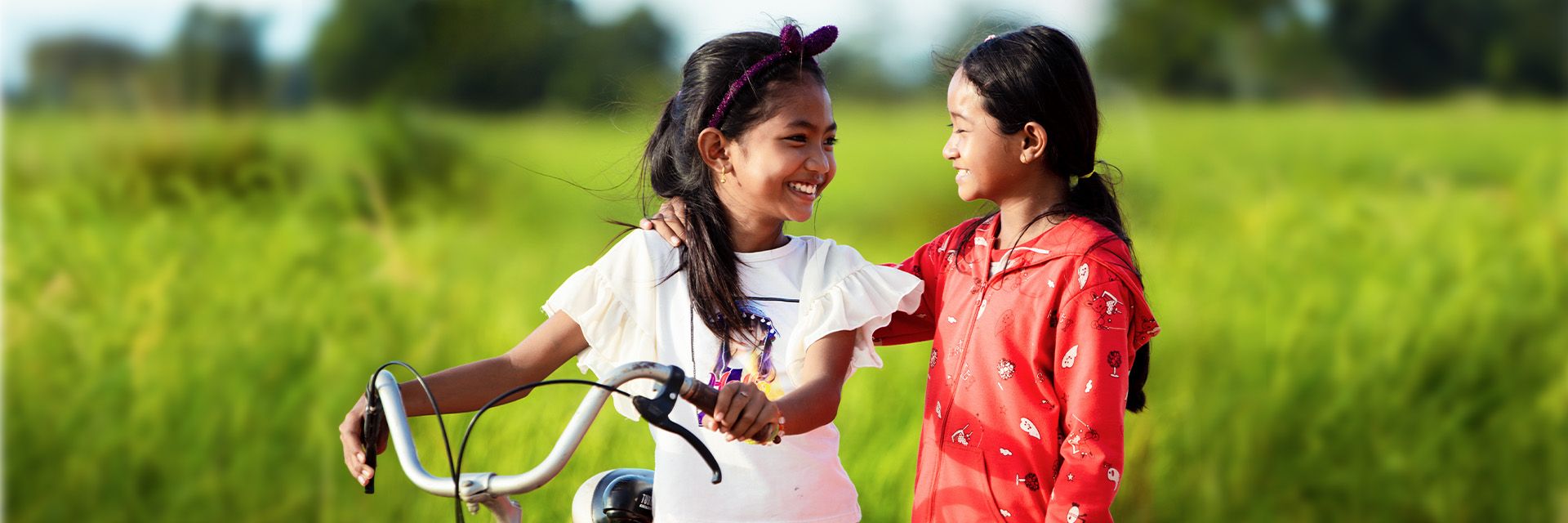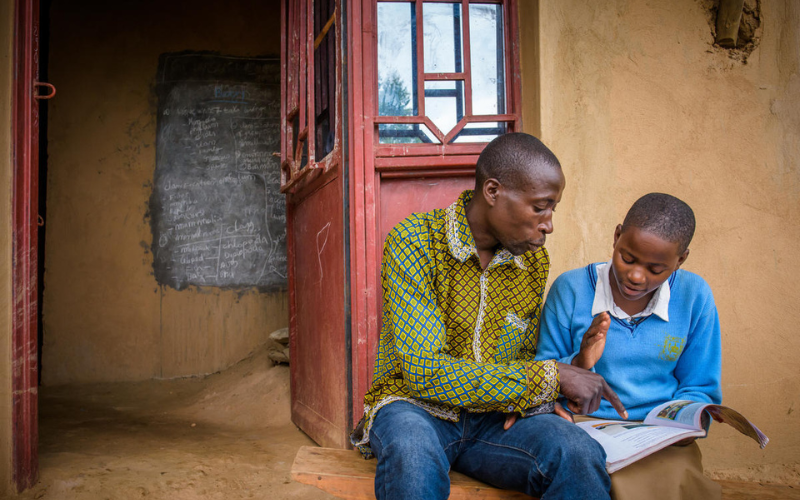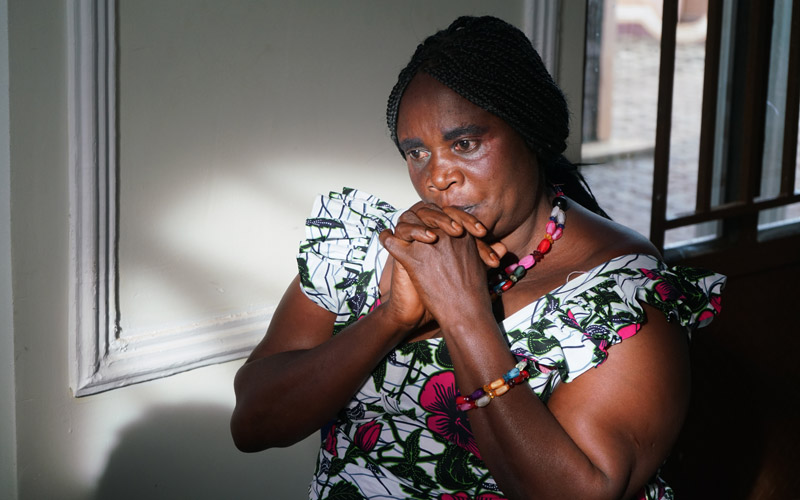We strive to create programs that address gender inequality and prevent gender-based violence. We implement them by working with men, women, boys and girls. For programs to succeed, all must become partners in transforming discriminatory beliefs and practices.
In many places where we serve, communities place infinite trust in the words of the local faith leaders. That's why we partner with pastors, imams and other faith leaders, as catalysts for changing harmful attitudes and behaviors in their communities.
This approach has been critical for reversing wide-spread misunderstandings about HIV and AIDS, for instance. And it's helped overturn discriminatory beliefs and practices so harmful to girls and women.
By engaging church leaders in respectful dialogue regarding their culture and the Bible, Koran, or other holy book, we are purposeful about affirming those aspects of culture that can positively impact communities. But we challenge those that entrench power imbalances between men and women, or harm, restrict and belittle any child. By educating faith leaders on gender issues, and emphasizing the unique giftedness and important role of women in the families and communities, we help empower women and girls. We free them to influence their own futures. More girls have a chance to attend school and go further with their education.


